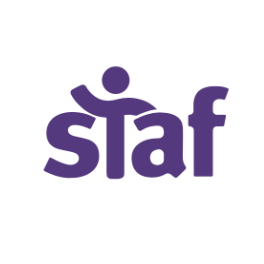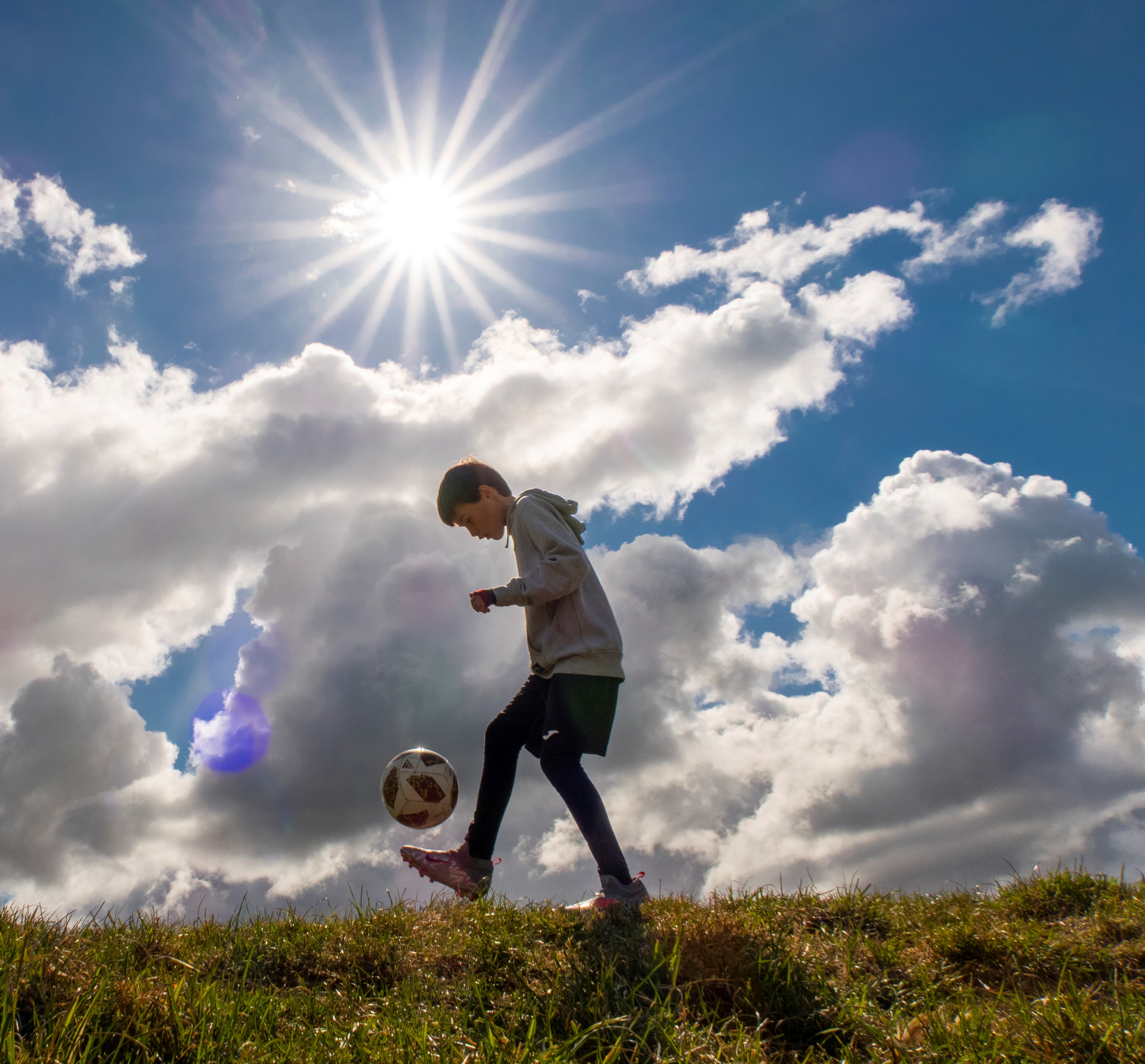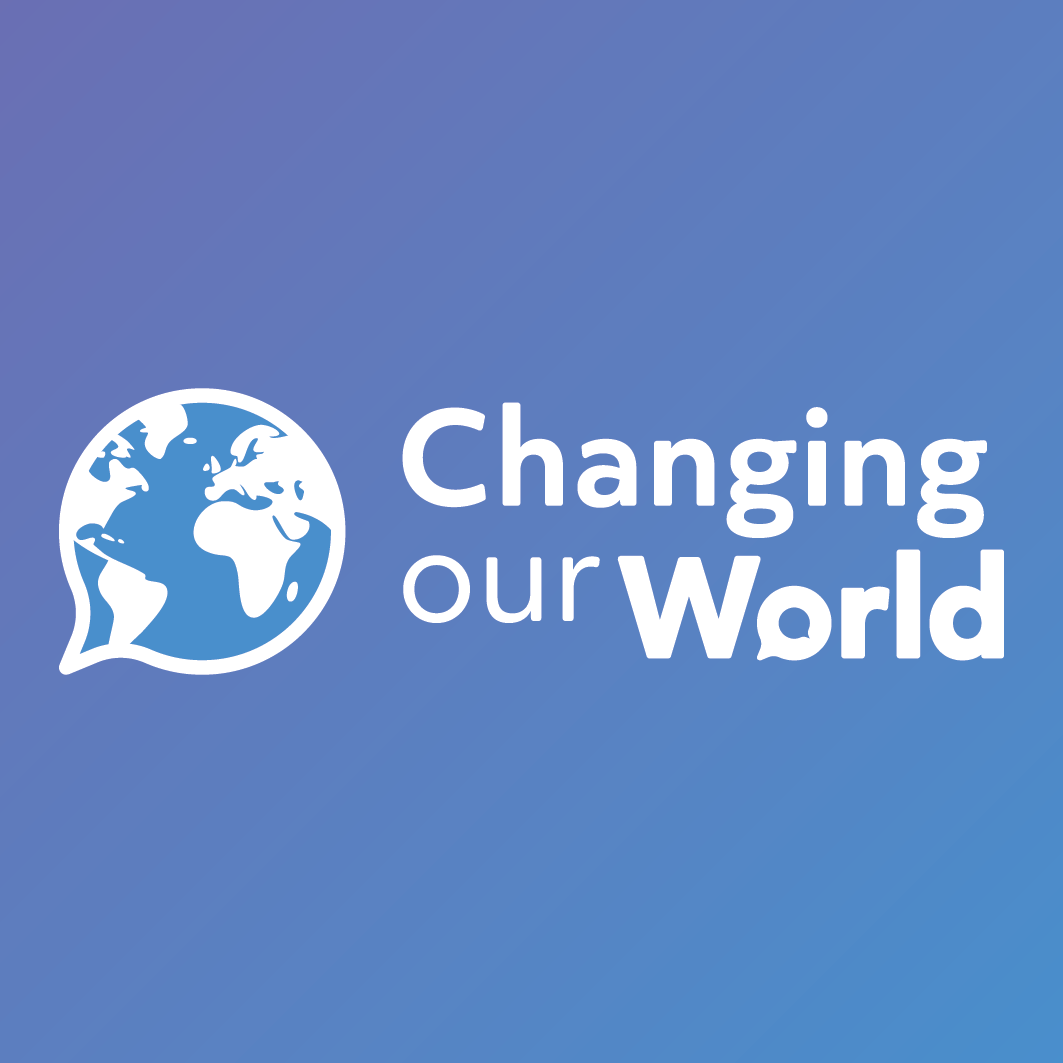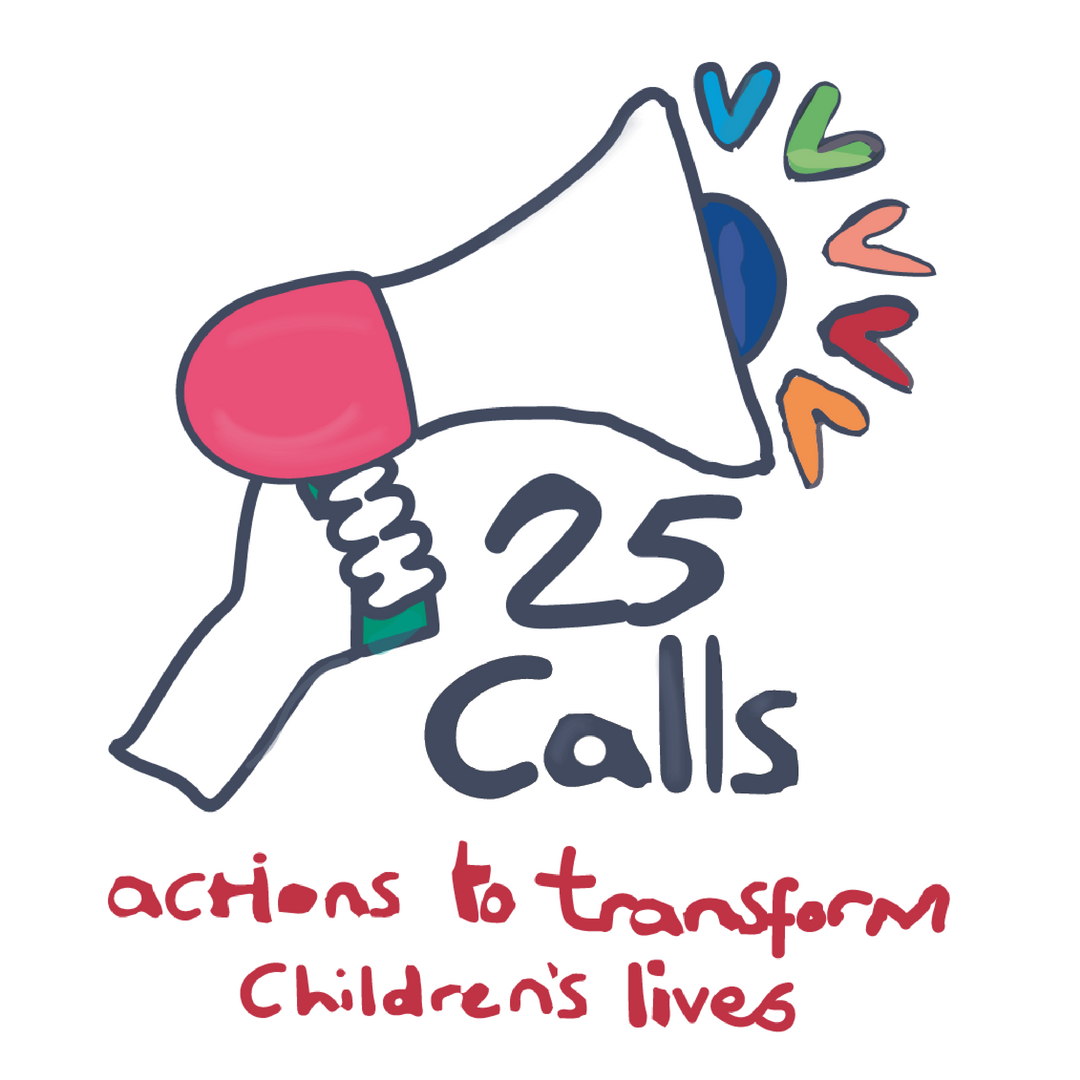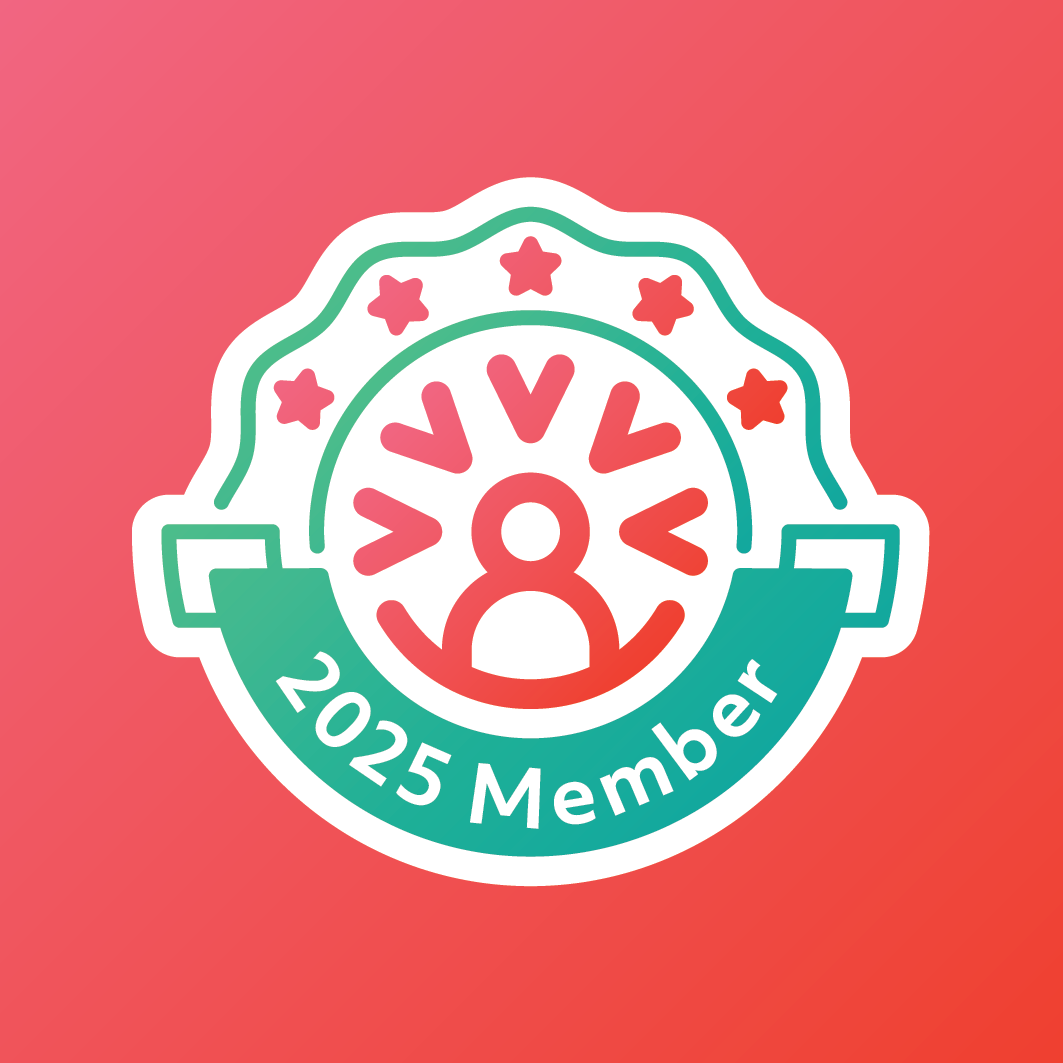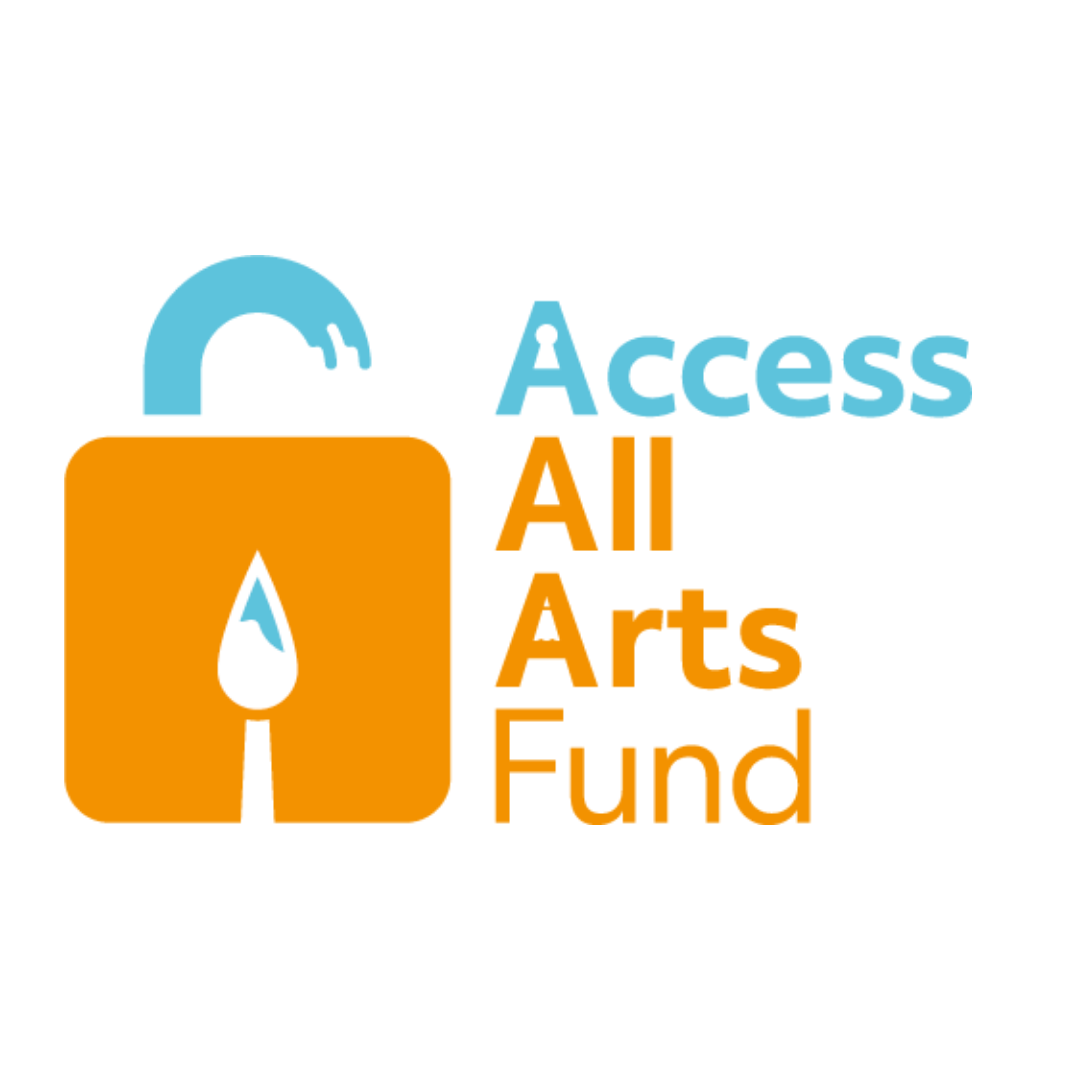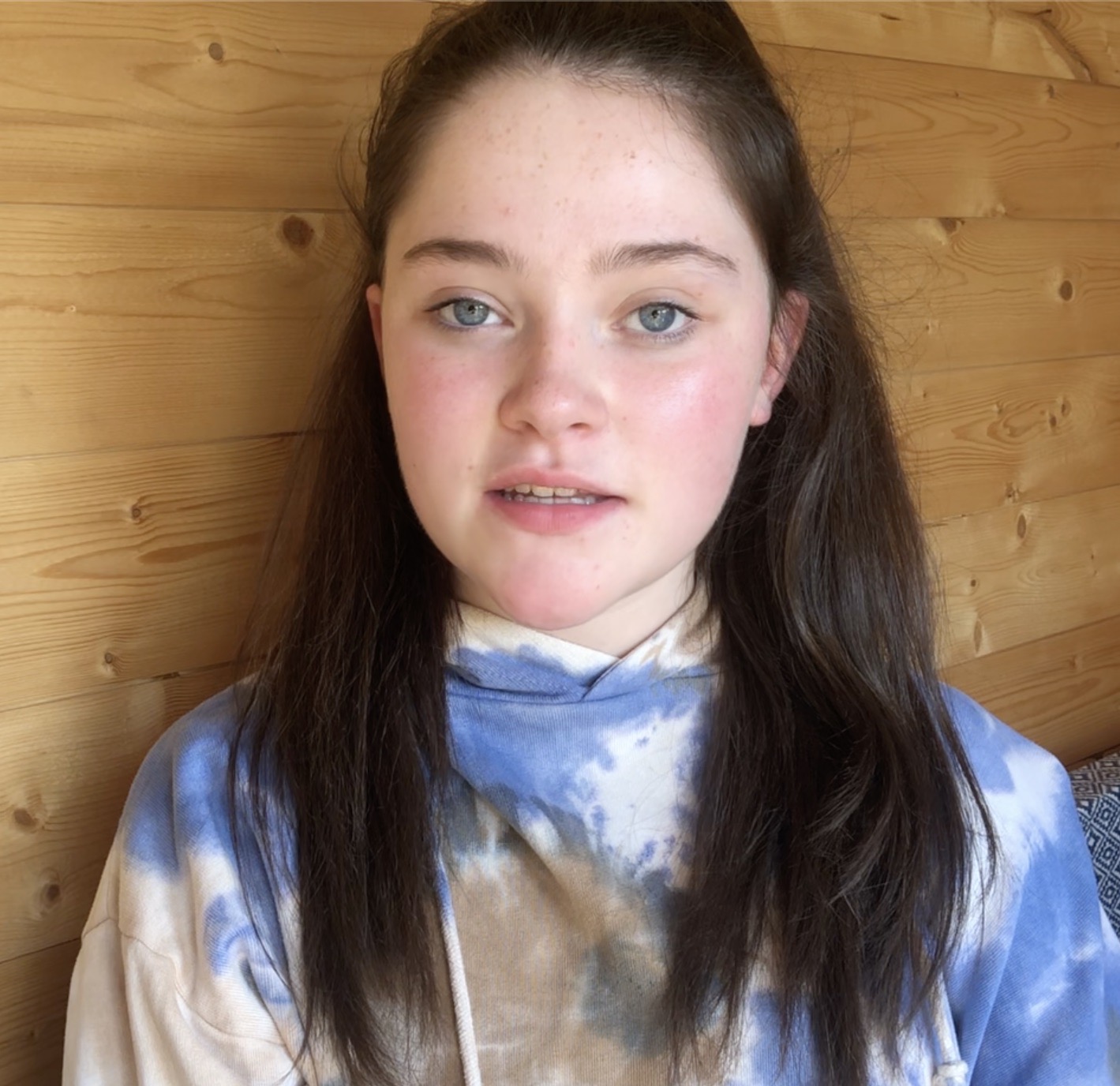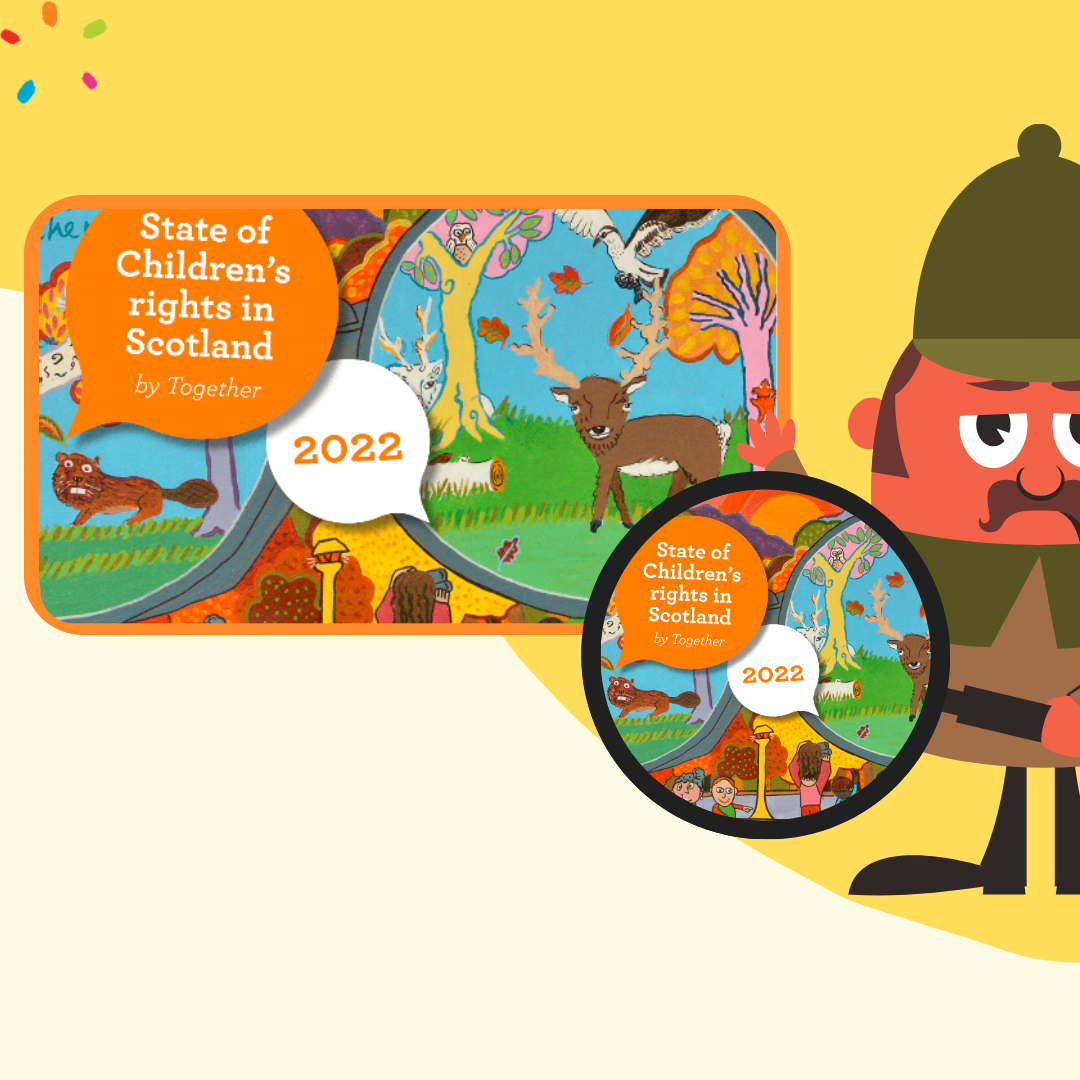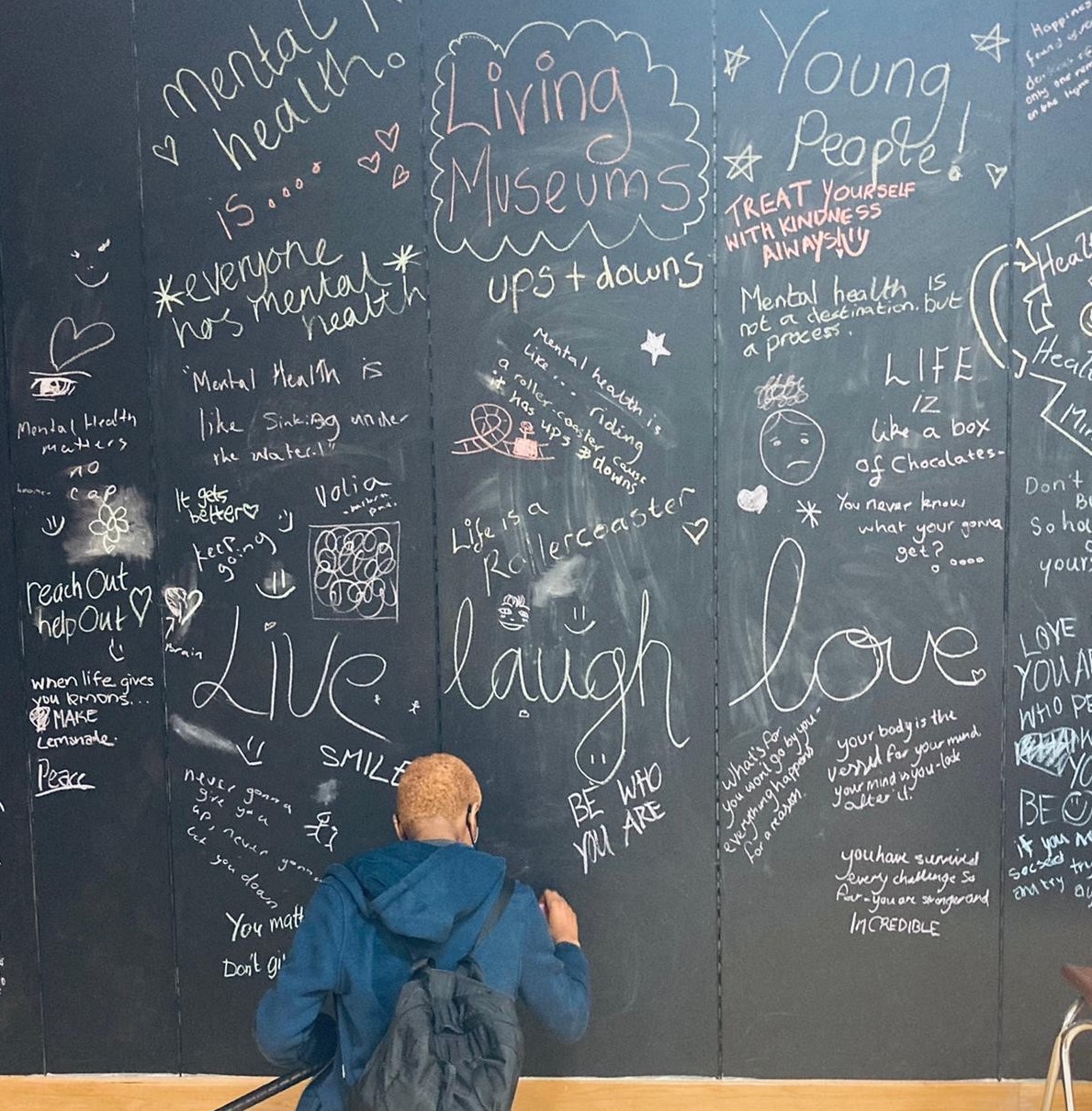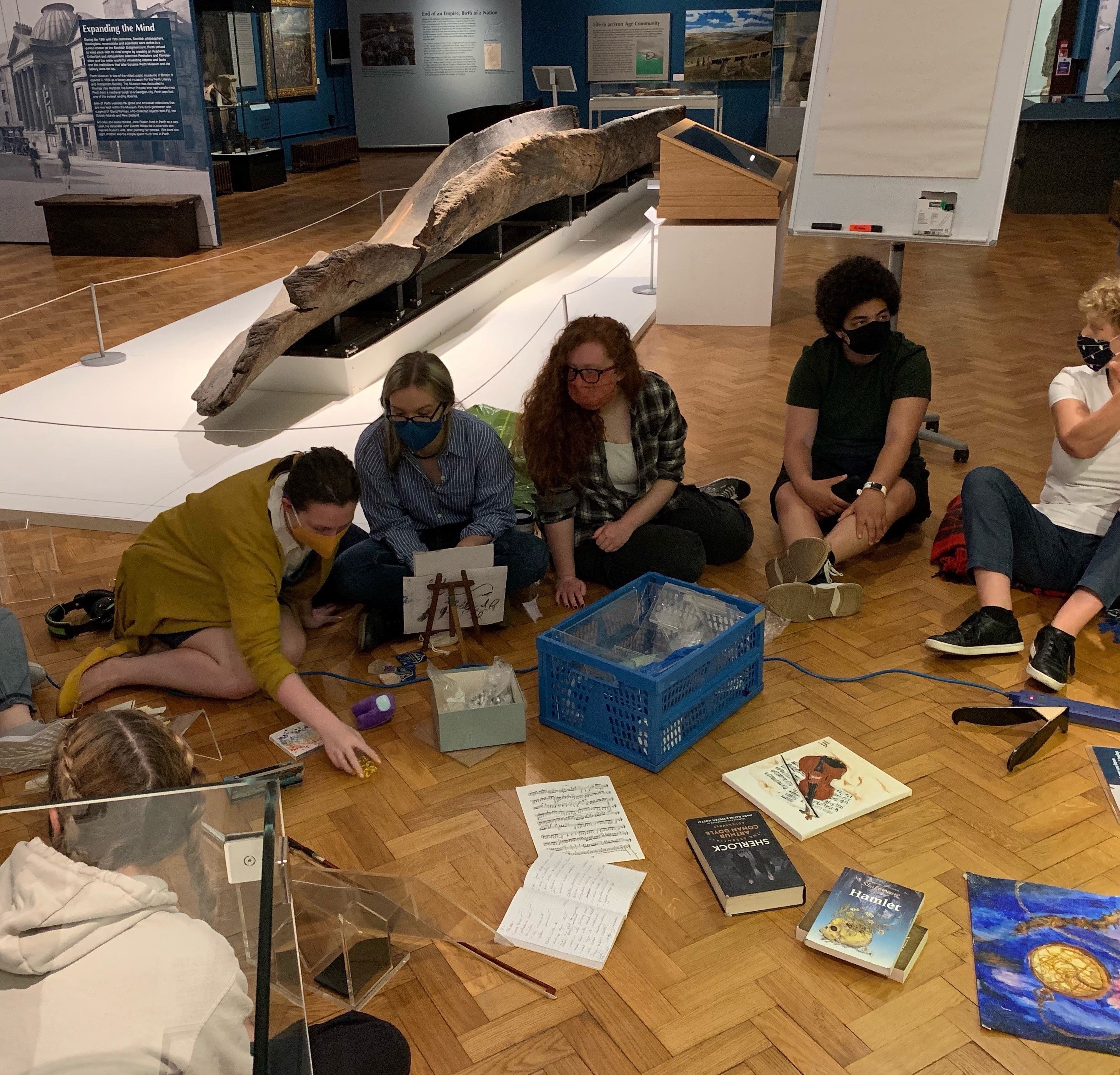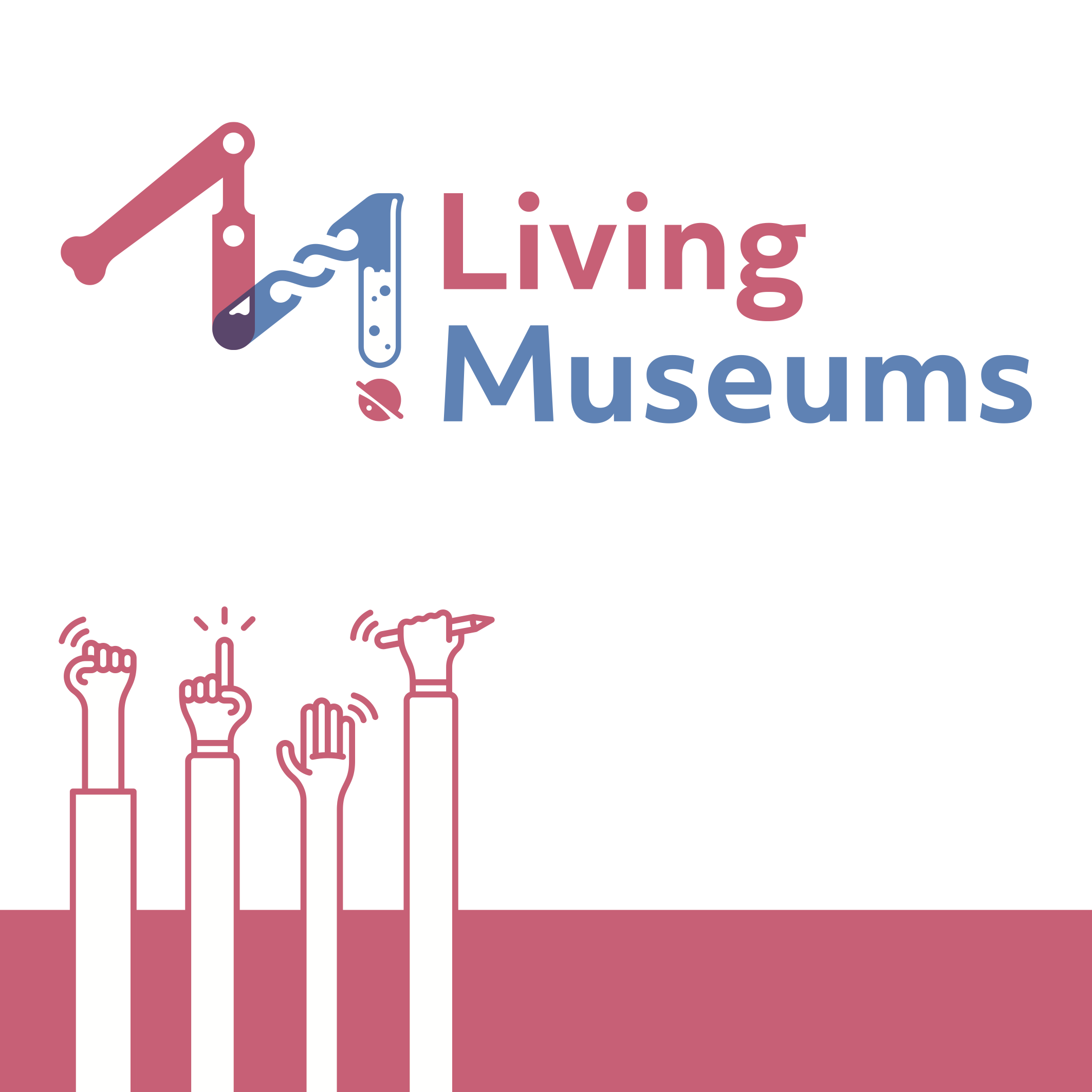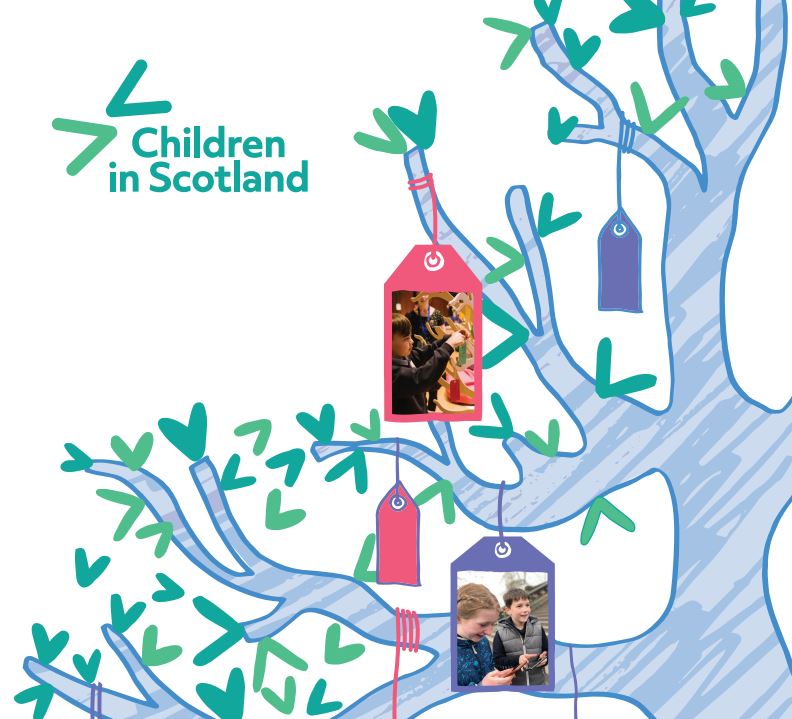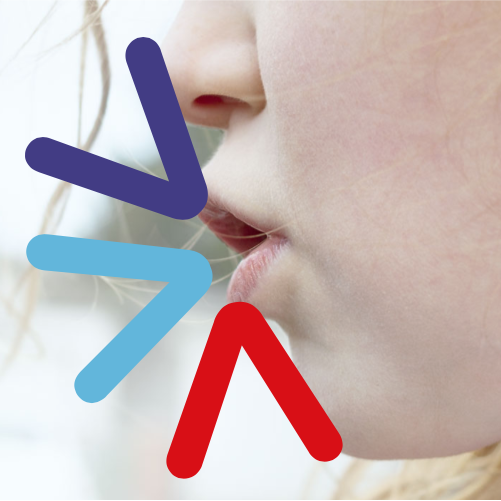28 April 2022
MEDIA RELEASE
A total of 106 young people with additional support needs have taken forward creative arts projects as a result of funding from the Access All Arts Fund, led by national charity Children in Scotland.
The fund, delivered through Creative Scotland’s Nurturing Talent Fund: New Routes programme, distributed £68,000 to young people across Scotland, supporting projects ranging from dance to drama and visual art to television.
As a result of the fund’s success, Creative Scotland will be supporting a second phase of the project from 2022-23.
A report on the first year of the Access All Arts Fund, capturing its aims, approach, impact and recommendations, is published today.
Click here to download the report
The Access All Arts Fund was established specifically to support children and young people with an additional support need or disability, a community who have experienced significant challenges during the pandemic.

Children in Scotland recruited four children and young people with a range of additional support needs as panellists to lead the design of the fund, make decisions about funding and support creative initiatives. The panel comprised young people aged 12-25 from West Lothian, Stirling and Glasgow.
With year one of the fund successfully completed, recruitment of young people to take part in the year two panel will begin shortly.
Activity in 2022-23 will have a strong emphasis on wellbeing and a continued focus on young people as project co-designers.
Ryan Cuzen, one of the panel members who took part in the project over the past year, said:
“Having young people with lived experience of a disability or additional support needs involved in the design of funds, training programmes and opportunities is vital. It shows we are being listening to, included and our ideas and voices are being heard.”
David Mackay, Policy & Projects Manager at Children in Scotland and Access All Arts Fund project lead, said:
“It’s been fantastic to work with the young people on our design panel over the past year and to see the incredible response to the fund. The Access All Arts Fund has had a significant impact on many children and young people’s lives – helping them to improve their wellbeing, learn new skills and open up new creative opportunities. We are delighted that Creative Scotland has announced it will be supporting a second round of the fund in 2022.
“We look forward to continuing to support children and young people with additional support needs or a disability to access the arts and realise their full potential.”
Sarah Mcadam, Youth Arts Programme Manager at Creative Scotland said: “The high demand for Access All Arts in 2021 showed us the important role that arts and creativity was able to play in the lives of children and young people who were experiencing significant challenges during the pandemic.
“We’re thrilled that through renewed support, this programme will give more children and young people opportunities to lead on decision-making and access the funding they need to bring their creative ideas to life.”
Recommendations in the report on year one of the project include:
- Creative Scotland should continue to fund Access all Arts. The fund has been successful in reaching a previously under-represented community and evaluation suggests it has had a positive impact for many young people.
- Creative Scotland and Children in Scotland should share key learning from the project with policy leads and decision-makers, identifying opportunities to influence other initiatives designed to support children and young people’s learning and wellbeing following the pandemic.
- In additional rounds of the fund, increased time and financial resource should go to outreach work and building relationships with organisations supporting specific communities (for example, deaf children and children and young people with a visual impairment). This would encourage a wider diversity of applications to join the design panel and an increased range of applications.
The fund was open for applications from 11 August - 13 September 2021 and received 236 submissions from children and young people aged 11 to 26.
A large number of applications included requests to purchase items ranging from drawing and painting materials to musical instruments or photographic equipment.
Funding allowed children and young people to attend music, dance or drama tuition classes, realise zine-making projects, progress their song-writing ability and learn silversmithing skills and clothing design.
Evaluation of the project concludes that the fund:
- Provided opportunities for children and young people to explore their unique personal interests and passions
- Gave them autonomy and agency to develop projects and learn new skills while supporting their wellbeing
- Created opportunities for them to overcome barriers and try new creative experiences and, in some cases, supported career development opportunities.
/ENDS
Images available on request.
Media contact: Chris Small, csmall@childreninscotland.org.uk
Notes for editors
Project background
In 2021 Children in Scotland was one of five organisations selected by Creative Scotland to deliver the Nurturing Talent Fund: New Routes programme.
The programme was created to test new approaches to support children and young people to apply for arts funding, in order to reach artists who were under-represented in the existing Nurturing Talent funding awards.
These communities included:
- Young artists from care-experienced backgrounds
- Young artists from rural communities and local authorities we get fewer applications from, specifically: Angus, West Dunbartonshire, Inverclyde, North Ayrshire, and Fife
- Young disabled artists, or young people who need additional support.
Click here for more information about the Nurturing Talent Fund: New Routes programme
Children in Scotland
Giving all children in Scotland an equal chance to flourish is at the heart of everything we do.
By bringing together a network of people working with and for children, alongside children and young people themselves, we offer a broad, balanced and independent voice. We create solutions, provide support and develop positive change across all areas affecting children in Scotland.
We do this by listening, gathering evidence, and applying and sharing our learning, while always working to uphold children’s rights. Our range of knowledge and expertise means we can provide trusted support on issues as diverse as the people we work with and the varied lives of children and families in Scotland.
www.childreninscotland.org.uk
Creative Scotland
Creative Scotland is the public body that supports the arts, screen and creative industries across all parts of Scotland distributing funding provided by the Scottish Government and The National Lottery. Further information at creativescotland.com. Follow us on Twitter, Facebook and Instagram. Learn more about the value of art and creativity in Scotland and join in at www.ourcreativevoice.scot






